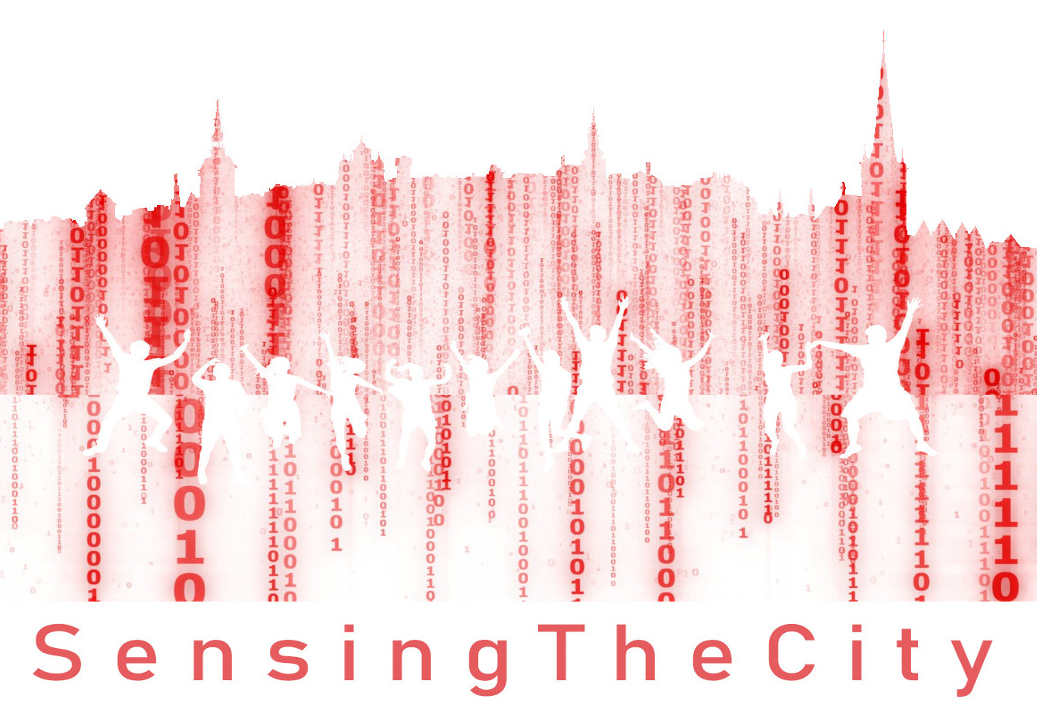21-22 July 2022, Tallinn, Estonia
Cities are in the midst of a revolution fueled by so-called smartification and digitalization of the urban. Myriads of ubiquitous, bundled digital systems impact profoundly the ways we use, adapt and transform the city. Processing these heterogenous and geographically distributed sources of data with help of advanced data analytics shows great potential for fine grain understandings of urban change. Meanwhile, more creative, art-based methods for tracing urban change, such as deep mapping, storytelling and spatial narratives, should not be put aside.
The workshop aims to explore and critically discuss various ways of Sensing the City and how it can enable planners, decision makings and others involved in shaping the city to better understand the dynamics of complex urban patterns.
Background conference theme
A diversity of widely available digital applications makes our life easier, for instance with regard to travelling, communication, networking and shopping. In addition to these dissipated smart phone applications, many of the digital tools purposefully aim at steering us for safety, efficiency and sustainability. Planned smart urban solutions allegedly have capacity for mitigating climate change via “green” tech and optimization. Moreover, digitalization is suggested to help in adapting sudden changes in society, e.g. Pandemic, climate change adaptation.
Despite, or maybe because of, their potential, smartification and digitalization of cities needs critical reflection. With moving bigger parts of our lives to the online world, the spatial principles of traditional retail shift, fake news and mis-information challenge democratic decision making, surveillance increases and dependency of the public sector on globally operating technology firms grows. There are also methodological concerns as some digital city models are presented tools to predict and control urban systems and thus ignoring the complexity and evolutionary resilience of cities. Moreover, using new technologies sometimes seems to become a goal in itself, reducing opportunities for other, equally valuable, methods of sensing the city.
To advance urban governance for better future cities, it is necessary to explore these tools, methods and emerging human behavior patterns in smart cities, along with individual preferences, trends and ethical connotations. Crucial is to recognize and embrace the intrinsic uncertainty and complexity of technology mediated cities and societies.
Conference themes
- Practical and methodological approaches of sensing the city: analyses, planning, data management for grasping the dynamics of complex urban patterns at various scales
- Understanding the ‘smartification’ of cities: ontological/meta-level viewpoints and challenges and opportunities resulting from the complexity of urban life
- Societal and policy implications – ethical principles for using urban data, co-evolution of technology and urban governance, and the digital empowerment of civil society
Program
The full program is available HERE.
Date and location
The workshop is hosted by the Academy of Architecture and Urban Studies, at the Tallinn University of Technology. The workshop will take place on July 21-22rd, 2022 in Tallinn, Estonia. The workshop will be free of charge.
The venue for the workshop is the Palo Alto Club, Tallinn.
Please note that the workshop can be easily combined with AESOP’s Annual conference 2022, which starts on 25th of July in Tartu, Estonia.


